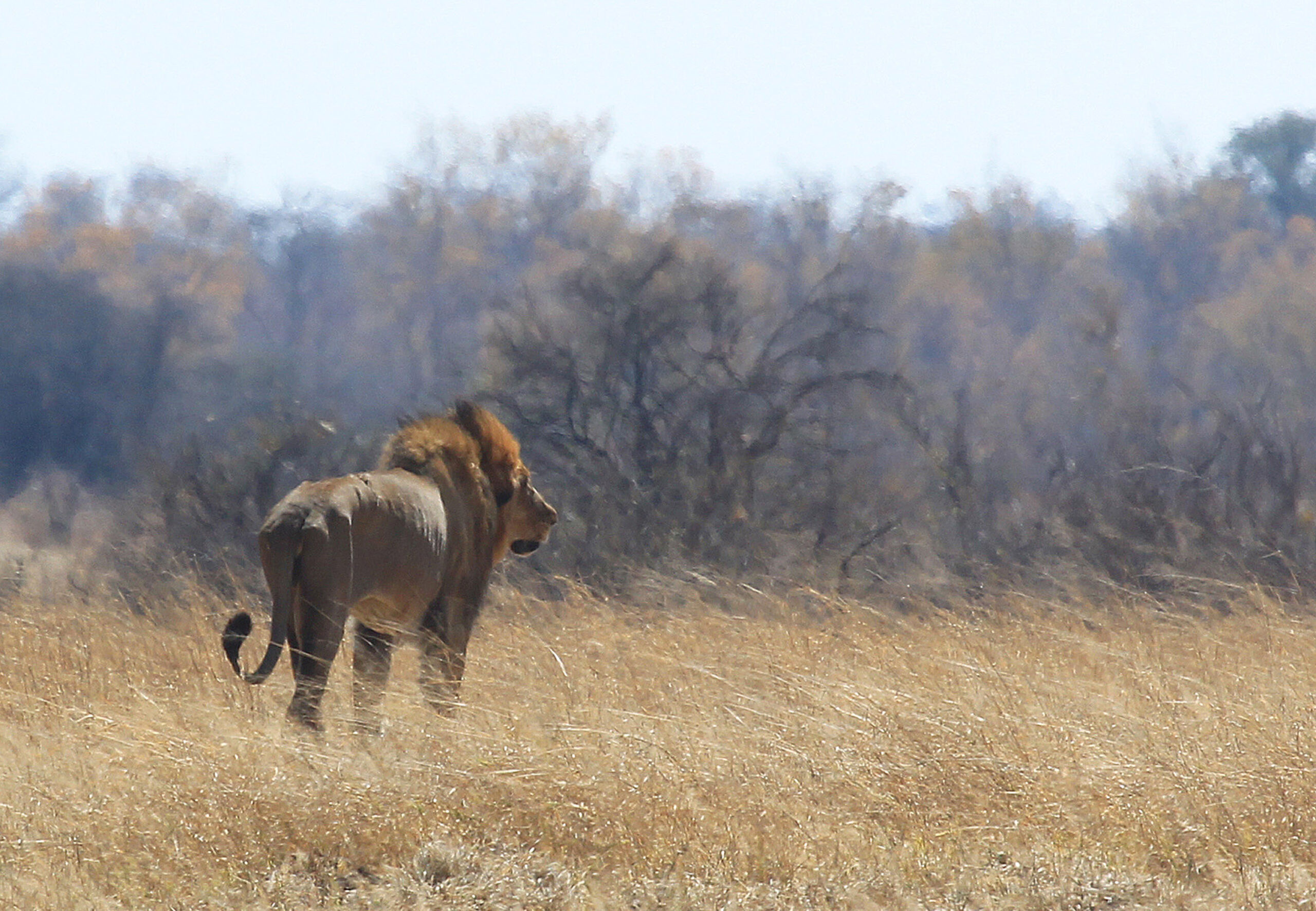COMMENTARY
COVID-19 is creating the worst imaginable conservation crisis in Africa. Things are deteriorating rapidly, and given the growing number of animal rights legal pushes to end all hunting in Africa, chances are wildlife there won’t recover to levels before the virus. I say that simply because hunting is the key to having and saving wildlife in Africa.
I’ve been very fortunate to have had the opportunity to bowhunt in Africa eight times. It is the greatest wildlife place I’ve ever seen, and each trip just reinforced my love for Africa. Being involved with the National Bowhunter Education Foundation took me to Zimbabwe in 1988. I taught three bowhunter education courses to government officials and professional hunters (safari guides) in an effort to have bowhunting legalized.
That effort was successful and led to many subsequent trips there. Soon after Zimbabwe legalized bowhunting, Mozambique, Botswana, and Namibia did as well, and South Africa then legalized bowhunting for dangerous game. This led to thousands of Americans, and others from Europe, going to Africa to bowhunt. That created thousands of jobs for rural Africans. Indeed, hunting is the biggest employer in rural Africa so when you added thousands of bowhunters to the already existing gun-hunter safaris, it was a huge plus for rural Africans and rural wildlife.
Now the sad news. COVID-19 has changed everything. Border closings, similar to what we have with the Canadian border closing, have shut down most of safari hunting, and wildlife viewing safaris (photo safaris) as well. This means that safari operators are without revenues to operate. Hunters in Africa pay a trophy fee for each animal harvested. Some of that money goes to local villages for wells, schools, etc. Some goes to the government wildlife agency, and some goes to the safari operator. Government agencies that manage wildlife are always short of money. They count on that trophy fee money to help control poachers and to do all the paperwork necessary to monitor wildlife populations and safari hunting. When that trophy fee money drops, their services drop considerably.
Much of poaching control is done by safari hunting camps. They hire, and train, local villagers and establish poaching patrols that are effective. There are very few government funded poaching control officers anywhere in Africa. With safari operations pretty much shut down, the professional hunters who own these safari camps have no income, and yet they still have employees to pay and support. Needless to say, some of the services they provide, including control of poaching, have decreased.
I’m always amazed at just how much these hunting safari operators give to the local communities, via jobs, schooling, meat, etc., plus poaching patrols. But now all of that is reduced. Hunting organizations, such as the Dallas Safari Club have responded with a Hunters Care Initiative that does several things including funding anti-poaching in rural Africa. Safari Club International has a book and school supplies program for schools in Africa. When a hunter goes there, they take books and supplies and give them to the local schools. And the safari camp also provides meat to local villages. Without hunting, all that goes away.
Anti-hunters are trying to stop all hunting (they label it as “trophy” hunting) in Africa, and bit-by-bit they are being successful. The general public tends to go along with this, not realizing that without hunting, wildlife in Africa will suffer. Without hunting, poaching will skyrocket. In fact, poaching is going up right now with border closings.
Antis are using this huge drop in hunting because of the virus, to make further efforts to eliminate hunting. Elephants and lions are big on their hit list. Wildlife biologists in Africa are pleading with states such as California (which right now is entertaining the passage of legislation to stop imports of “trophy” wildlife from Africa into California). They are also appealing to the European Union to allow harvested wildlife from Africa into their countries. Their appeals include data supporting the things I’ve covered above.
Finally, as rural Africans lose work with the loss of hunting, they resort to getting bush meat to survive. Again, wildlife suffers. And as urban Africans lose work because of the virus, they move back to their family homes in rural Africa and they then hunt wild game for survival. When you add this all up, the impacts of African wildlife are devastating. The longer the pandemic goes on, the worse things will get.
My thoughts are that once this craziness is over, the wildlife situation will not recover to levels seen before the virus. I hope I’m wrong.
Dr. Samuel is a retired wildlife professor from West Virginia University. His outdoor columns have appeared, and continue to appear, in Bowhunter magazine and the Whitetail Journal. If you have questions or comments on wildlife and conservation issues, email him at drdave4@comcast.net.




